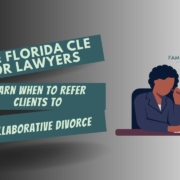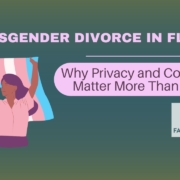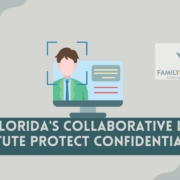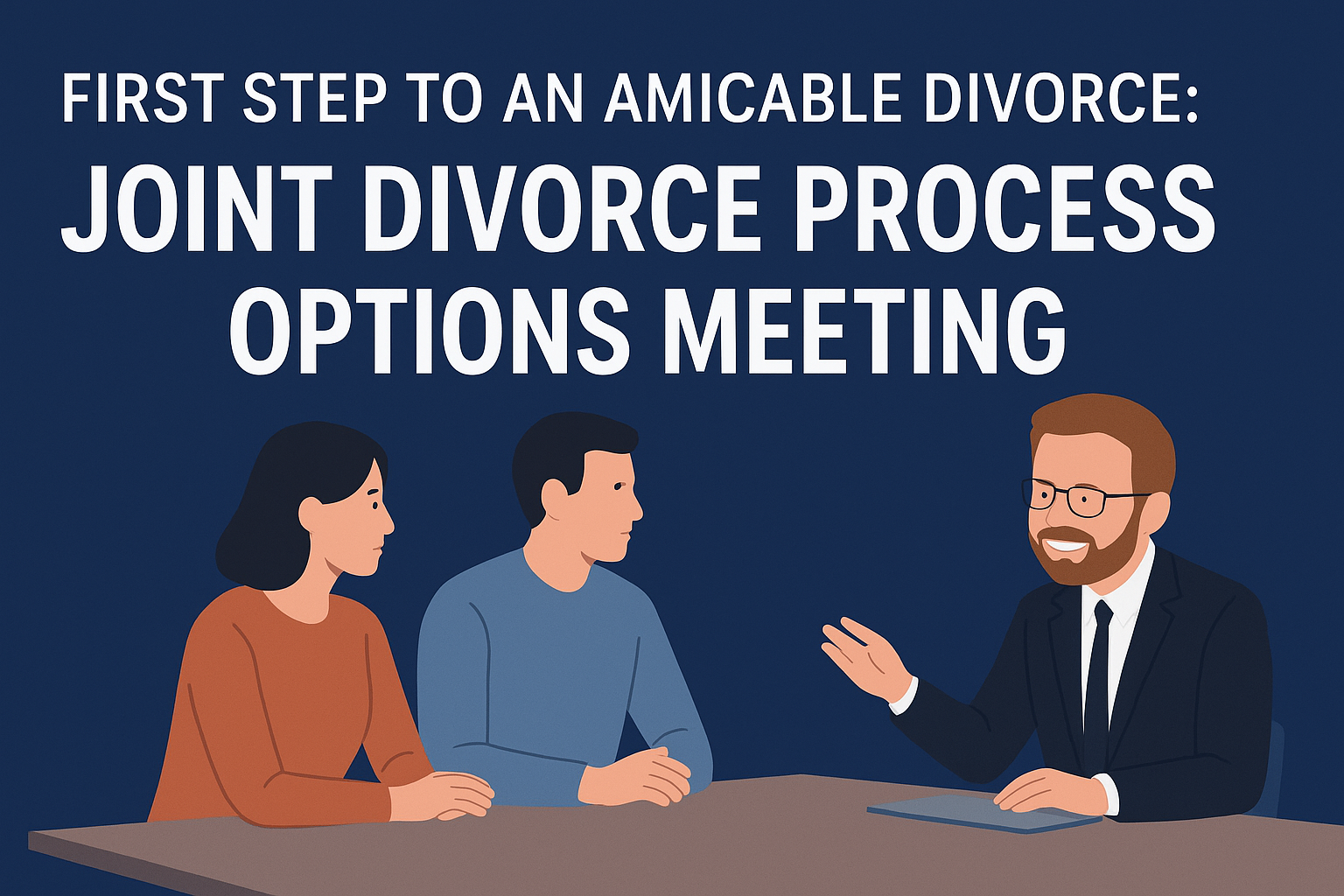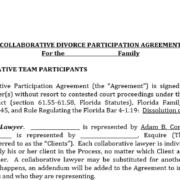Free Florida CLE for Lawyers: Learn When to Refer Clients to Collaborative Divorce
Collaborative Divorce offers Florida lawyers, regardless of practice area or professional setting, a private and discreet referral option for clients facing divorce, and you can earn free Florida Bar CLE credit while learning how to determine when that referral makes sense.
As a lawyer, you are often the first professional a client turns to when divorce becomes unavoidable. When that client is a lawyer, physician, executive, business owner, LGBTQ+ professional, public figure, the stakes are higher. Courtroom exposure, public filings, and escalated conflict can affect careers, reputations, businesses, and families in lasting ways.
Many lawyers want a referral option that aligns with those realities but understandably want to learn more before recommending a process they do not practice themselves. This free, on-demand Florida CLE (approved by the Florida Bar through July 31, 2027) was created specifically for lawyers who want to understand Collaborative Divorce well enough to confidently discuss it with the right clients, while earning CLE credit at the same time.
Quick Answer
You can earn 1.0 hour of Florida Bar–approved CLE credit for free by watching an on-demand program that explains how Collaborative Divorce works in Florida and when it may be an appropriate referral option for your clients. Instantly access the CLE by filling out the form below.
Key Takeaways
- Free registration and on-demand access
- Florida Bar–approved CLE credit (1.0 hour)
- Designed for lawyers considering referral options
- Focused on privacy, confidentiality, and dignified resolution
Why This CLE Matters for Your Clients
Litigation is not wrong, but it is not right for every family. For clients whose lives or livelihoods could be impacted by public divorce proceedings, the process itself can be as damaging as the outcome.
Collaborative Divorce offers a way to resolve divorce privately, outside of court, with a structured team approach focused on resolution rather than escalation. This CLE gives you a clear framework for understanding when Collaborative Divorce may be a good fit and when it may not, so your referral decisions are informed rather than theoretical.

